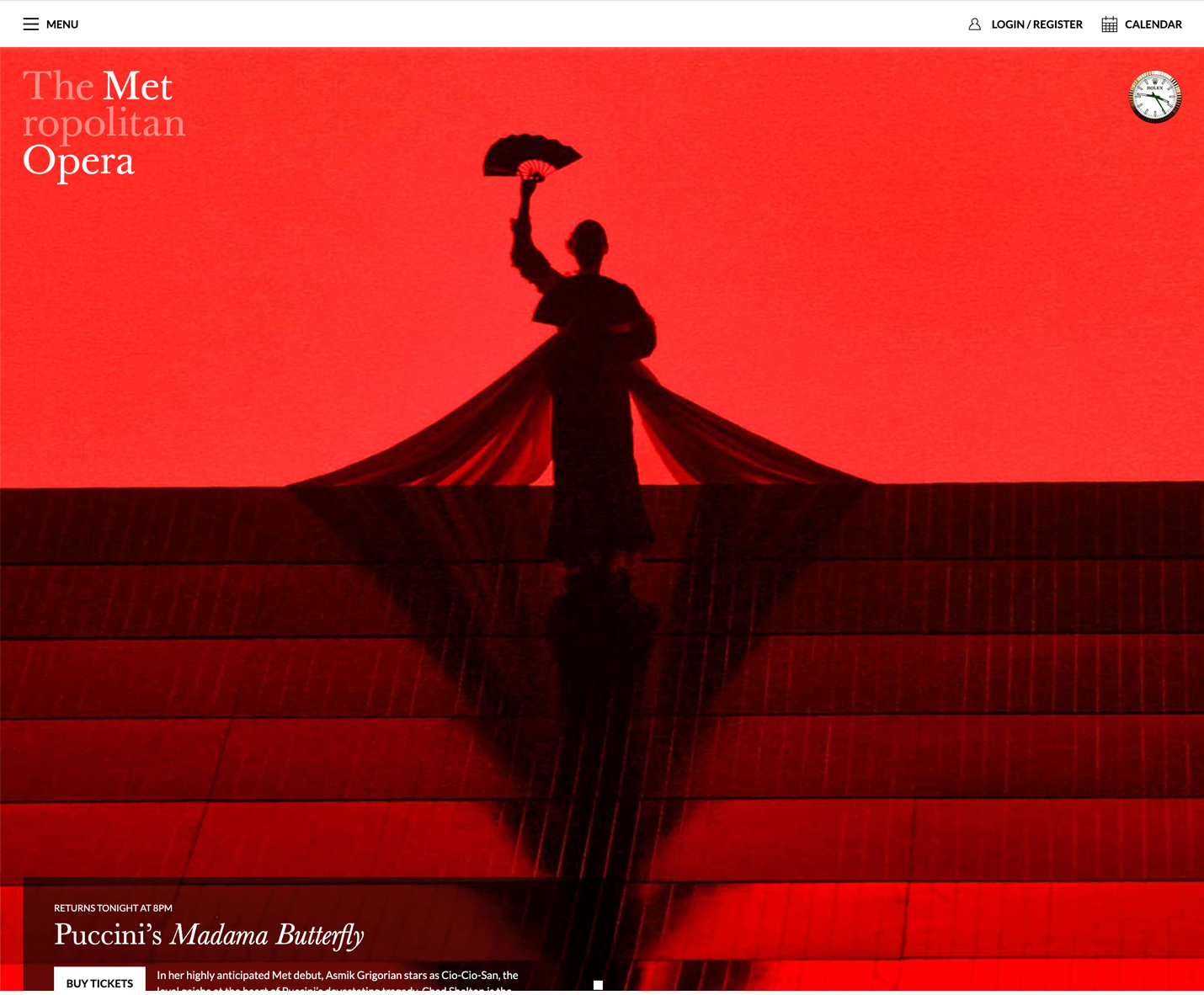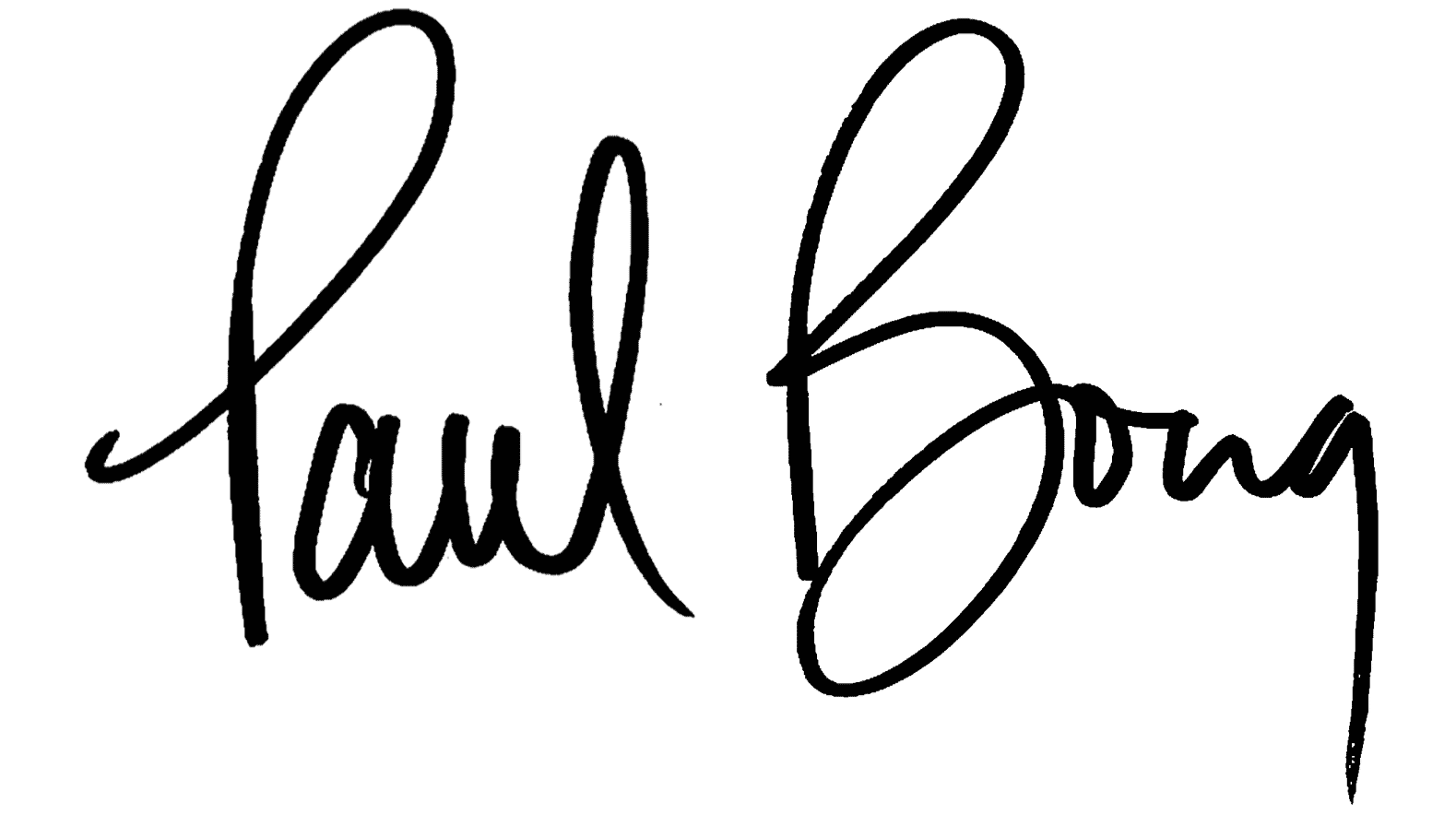Summary: People rely on menus to find content and use features. Use this checklist to make sure your menus do their job. Too often, we observe users struggling with menus that are confusing, difficult to manipulate, or hard to find. Avoid common mistakes by following these guidelines for usable navigation menus. Make Navigation Visible 1.… Continue reading Menu-Design Checklist: 17 UX Guidelines
Category: UX
10 Font Styles Every Graphic Designer Should Know
Typography is a core component of Graphic Design so it’s an important subject for every designer to learn. Typefaces are divided into classifications based on the era or characteristics of their design. Being able to identify a typeface style can help you make educated design decisions and choose the best font for your work depending… Continue reading 10 Font Styles Every Graphic Designer Should Know
The Power of Checkout Campaign Management
[unable to retrieve full-text content] When it comes to checkout pages, the most frequently cited word is conversion. After all, the main criteria for a successful checkout is its efficiency in terms of successful payments. Conversion can be viewed from many angles, including technical performance and client experience. Still, there are other less obvious components… Continue reading The Power of Checkout Campaign Management
15 Best Free Rounded Corner Business Card Mockups
For graphic designers, corporate branding is a delicate dance. It’s about capturing the essence of a company, translating it into a visual language, and ensuring that message resonates with the target audience. Business cards, those pocket-sized ambassadors, play a crucial role in this symphony. But before sending the final design off to print, there’s a… Continue reading 15 Best Free Rounded Corner Business Card Mockups
Designer engagement report
[unable to retrieve full-text content] Top 3 problems for designers: no research, no design strategy, and no career progression Image by Matej Latin (Author) It’s been a horrible year for design. Mass layoffs from 2023 continued and got even worse. AI is threatening to take creatives’ jobs, designers need to go through up to 11 rounds… Continue reading Designer engagement report
Graphic Design Brilliance at Taiwan Exhibition
Delve into Taiwan’s Graphic Design Exhibition’s 30th anniversary, celebrating ‘love’ and commitment through thought-provoking poster design. When graphic design transcends visual aesthetics to become a medium of communication, exhibitions such as Taiwan’s become milestones. This year, K9 Design narrates a visual tale to commemorate the 30th anniversary of the Kaohsiung Creative Advertising Association, blending the… Continue reading Graphic Design Brilliance at Taiwan Exhibition
Make Your Designs Shine With This New Summer Themed Bundle
Prepare for any design project that you might face this summer with a huge upgrade to your resources library. This new Creative’s Shining Summery Collection contains a variety of tools that help you create cheeful styles and effects. Improve your illustrations with detailed brushes; add stunning text to your designs with expertly crafted fonts; and… Continue reading Make Your Designs Shine With This New Summer Themed Bundle
User Research Is Storytelling
Ever since I was a boy, I’ve been fascinated with movies. I loved the characters and the excitement—but most of all the stories. I wanted to be an actor. And I believed that I’d get to do the things that Indiana Jones did and go on exciting adventures. I even dreamed up ideas for movies… Continue reading User Research Is Storytelling
Visual Storytelling: Mastering Social Media Branding Design
In the age of information overload, social media has become a battlefield for brands vying for attention. Text alone struggles to compete in this fast-paced, visually driven landscape. Mastering social media branding design through visual storytelling can transform a brand’s online presence, driving engagement, loyalty, and ultimately, sales. This article delves into the principles, techniques,… Continue reading Visual Storytelling: Mastering Social Media Branding Design
The Ultimate Collection of Best Logo Mockups
Imagine your company’s logo is like a handshake. It’s one of the first things people see, so you want it to look good! A logo mockup is like a photo booth for your logo. It shows what your logo would look like on things in the real world, like business cards, t-shirts, or websites. Your… Continue reading The Ultimate Collection of Best Logo Mockups
Branding and Visual Identity of Woohoop by Marco Oggian
Explore the vibrant branding and visual identity of Woohoop, designed by Marco Oggian, highlighting innovative patterns and colors. Marco Oggian’s latest rebranding project for Woohoop showcases a dynamic approach to branding and visual identity. Woohoop, a leader in the customized packaging sector, sought a fresh identity that would resonate with their diverse, global clientele, which… Continue reading Branding and Visual Identity of Woohoop by Marco Oggian
Why You Should Consider Luxury Vinyl Tiles (LVT)
With a combination of alluring luxury, practicality and functionality, luxury vinyl tiles (LVT) stand as a testament to innovation in flooring technology. It’s quickly emerged as a popular choice for homeowners and designers due to its affordability, durability and aesthetic appeal. Unparalleled Aesthetic Appeal One of the most compelling reasons you should consider luxury vinyl… Continue reading Why You Should Consider Luxury Vinyl Tiles (LVT)
I am a creative.
I am a creative. What I do is alchemy. It is a mystery. I do not so much do it, as let it be done through me. Article Continues Below Article Continues Below 23 Comments Share this:#section1 Become a patron Northwestern Online MS in Information Design & Strategy. Choose from tracks in content strategy, UX/UI,… Continue reading I am a creative.
What is User-Centered Design (UCD)? w/Process
With users becoming more and more educated, user-centered design is the secret sauce to the success of your digital product or service. If you are looking to learn how to unlock your product’s potential by adopting a user-centered design approach look no further. In this article, we have collated everything you need to… Continue reading What is User-Centered Design (UCD)? w/Process
What to Measure Mathematically in UX?
Posted on: 29 November 2023 Scott Plewes Chief Strategy Officer With the growing popularity of machine learning and AI, it seems the number of mathematical techniques available to understand people’s experience with systems is almost limitless. In practice, there are only a few things you typically really measure or try to model. Some examples of… Continue reading What to Measure Mathematically in UX?
What To Do If Your UX Team Is Under-Resourced
https://cdn.simplecast.com/audio/9a370638-98b2-4070-b6d0-c16b5b5c99b3/episodes/e08757fa-7468-4629-ae4b-a7807b589cb0/audio/4dc43ce3-0564-462d-964e-7c315f151499/default_tc.mp3?nocache Listen to this post and subscribe using Apple Podcasts, Google Play, Spotify or RSS Hello all.Benjamin Franklin was wrong. He claimed that the only certain things in life are death and taxes, but he missed something – that UX teams are under-resourced compared to other departments. Most UX Teams Are Overstretched I have worked… Continue reading What To Do If Your UX Team Is Under-Resourced
40+ Creative Rooster Logos and Illustrations For Inspiration
The rooster, with its proud posture, vibrant colors, and distinctive crow, has captivated cultures for centuries. This majestic bird isn’t just a symbol of the dawn; it’s also a popular choice for logos and illustrations. Let’s explore the reasons why the rooster reigns supreme in the world of visual branding with 40+ creative rooster logos… Continue reading 40+ Creative Rooster Logos and Illustrations For Inspiration
12 Reasons to Hire a Product Design Agency
At UX Studio, we’ve worked with over 250 clients in the past decade. Our experiences range from large tech firms to startups, each partnership has carried unique challenges and experiences. We want to spotlight the typical circumstances when it’s time to call your trusted agency partner. When Should You Consider Partnering with an Agency? Over… Continue reading 12 Reasons to Hire a Product Design Agency
IT Advisory 101: Why Businesses Should Invest In Technology
Nowadays, the business world moves fast, and you can’t afford to play catch-up with the competition. If you want to take the lead, then it’s time to invest in Information Technology (IT) advisory services. Leveraging expert guidance isn’t just a luxury anymore—it’s crucial for making informed tech investments in this cutthroat market. Partnering with IT… Continue reading IT Advisory 101: Why Businesses Should Invest In Technology
Visual Design: Glossary
Summary: Use this glossary to quickly clarify key terms and concepts related to visual design. Visual design requires knowledge and understanding of many jargon terms. Use this glossary as a reference as you delve into visual and user interface design. Jump to a definition in the table or review the complete glossary. Aesthetic-Usability Effect Users’… Continue reading Visual Design: Glossary
Product Testing
Product testing is an essential stage in bringing any new product to market. Before a product is released to consumers, companies will thoroughly test it to identify any flaws or areas for improvement. The goal is to catch issues while the product is still in development. Though testing adds steps in product development,… Continue reading Product Testing
Generative AI UX Design Patterns
[unable to retrieve full-text content] PRACTICAL DESIGN INNOVATION Facilitating conversations on Generative AI in your UX ecosystem Midjourney Generative AI can add value to your site in many more ways than as a conversational ChatGPT-like experience or as a feature like the button on resume sites that generates your cover letter. Let’s explore different ways to… Continue reading Generative AI UX Design Patterns
Traditional Usability Testing Might Be Causing You Problems
https://cdn.simplecast.com/audio/9a370638-98b2-4070-b6d0-c16b5b5c99b3/episodes/d4fd7145-ca73-4183-a3f8-83f1ef133a76/audio/1c85c02a-4c16-4877-bdfc-188db2fb942b/default_tc.mp3?nocache Listen to this post and subscribe using Apple Podcasts, Google Play, Spotify or RSS Hi all.When you hear somebody talking about testing with users, what do you think about? You are likely picturing traditional usability testing. In it, a participant navigates a website with a facilitator while being recorded. If you’re not quite as… Continue reading Traditional Usability Testing Might Be Causing You Problems
20 LUTs to Add Vintage Film Looks to Your Photos & Videos
Access All Areas members have a great collection of photo effects to download this week, courtesy of Sickboat. These Film LUTs can be applied to photos or video to create a vintage film effect effect with various warm, cool and B+W colours. There are 20 LUT presets included to provide a variety of vintage film… Continue reading 20 LUTs to Add Vintage Film Looks to Your Photos & Videos






















